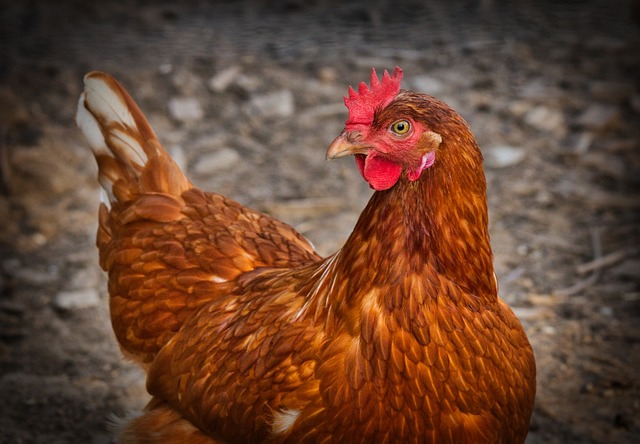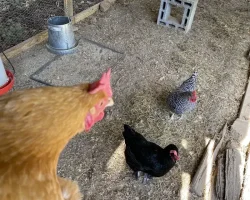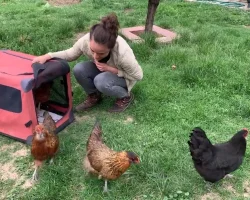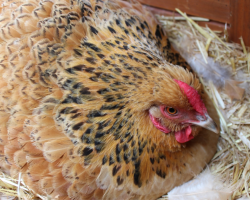Have you been daydreaming about a backyard full of clucking hens and fresh eggs every morning? Before you dive headfirst into the world of chicken keeping, there are a few things to consider to make sure you’re ready. Let’s walk through some key questions to ask yourself before you start your feathered adventure.
1. Why do I want to keep chickens?
First things first: what’s driving you to keep chickens? Are you interested in fresh eggs, meat, fun or other benefits? If eggs and fun are your main reasons, this website is the right place for you! To get fresh eggs every morning, you just need female layer hens. They will lay normal (unfertile) eggs. You only need a rooster, also named cockerel, in case you want fertile eggs to hatch your own chicks.

2. Am I allowed to keep chickens?
Check your local regulations before bringing home your chickens. Some cities, towns and homeowner associations have strict rules about keeping poultry. It’s better to know beforehand rather than rehoming your birds due to legal complications. Regulations may dictate the number of chickens allowed (often max 4-6), prohibitions on roosters, coop specifications, distance requirements from neighbors and permit requirements.
3. Does anyone in my household have a phobia or allergy for chickens?
No need to spell this one out. I prefer happy and healthy people over chickens… Do not be too quick to dismiss allergies. During the first physical contact moment with chickens, nothing might happen. However, the 2nd, 3rd, 4th or 5th time suddenly an allergic reaction can appear. In fact, an allergy never appears the first time of contact but builds up quickly and appears at latest at the 5th contact moment.
4. Do I have enough time to care for chickens daily?
Chickens, like all pets, require daily care. This includes feeding, watering, and cleaning their living space. Chickens can live for 5-10 years or more, so this isn’t a short-term commitment. Make sure you’re ready for the long haul.
5. Can I arrange care for my chickens when I am away?
Life happens. Vacations, emergencies, and unexpected events can take you away from home. Do you have a reliable chicken-sitter who can step in when needed? Chickens need consistent care, and you’ll need a backup plan for those times when you can’t be there.
6. Can I afford the initial and ongoing costs?
Starting with chickens isn’t just about buying the birds. You’ll need a coop, feed, bedding, and various supplies. Healthcare costs can also add up, so budget for initial setup and ongoing expenses. There are plenty of examples online that give a breakdown of costs of keeping chickens for eggs. Make sure your choices fit your budget.
7. Do I have enough space for chickens?
Chickens need room to roam and forage. A coop is essential, but they’ll also need a run. Crowded conditions can lead to health problems and stress among your flock. Plan for ample space to keep your chickens happy and healthy.
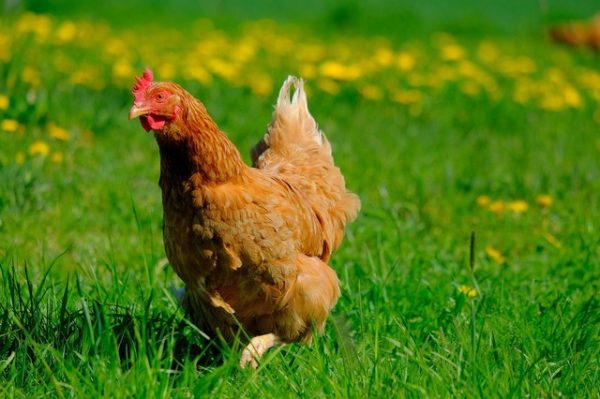
8. Is my yard suitable for chickens?
Predators are a real threat to chickens. Whether it’s neighborhood dogs, hawks, or foxes, you need to ensure your yard provides safe shelter and protection. A sturdy coop and secure fencing are non-negotiable.
9. Am I prepared to handle potential health issues?
Chickens, like any animals, can get sick or injured. Do you have access to a veterinarian who treats poultry? Are you familiar with common chicken ailments and their treatments? Preparing for these scenarios is key to keeping your flock healthy.
10. How will I ensure biosecurity?
Biosecurity means preventing the spread of diseases to and from your chickens to you. This involves practices like quarantining new birds, keeping the coop clean, and limiting visitors to your flock. A good biosecurity plan can prevent major health issues.
11. What will I do with excess eggs or chicken?
If you’re keeping chickens for eggs, there will be times when you have more than you can use. Do you have a plan for surplus eggs? Also, what will you do with the hens once they stop laying? Can you give them away, sell them, or keep them?
12. How will I manage noise and waste?
Roosters are notorious for their crowing, and even hens can be noisy. Are you prepared to deal with the noise, and are your neighbors okay with it? Additionally, chickens produce a significant amount of waste. Regular cleaning is necessary to prevent odors and flies. A composting system can help manage the waste and turn it into valuable garden fertilizer.
13. Do I know enough about chicken care?
Before bringing chickens home, do your homework. Learn about their dietary needs, proper housing, and health management. There are plenty of resources available, such as this website and books that can help you become a knowledgeable chicken keeper.
14. Am I prepared for the unexpected?
Chickens can face various unexpected challenges, from predator attacks to sudden illnesses. Are you ready to handle these situations? Having a plan in place for emergencies will make it easier to deal with the unpredictable aspects of chicken keeping.
Final thoughts
By carefully considering these questions, you can ensure that you are fully prepared to maintain a healthy, happy flock of chickens! It’s not all hard work – the rewards are plentiful, from fresh eggs to the simple joy of watching your chickens forage and play.
So, if you’re ready to take the plunge into chicken keeping, do your research, buy supplies, prepare the house, select the best chicken breed for your flock and get ready for an adventure. Get clucking!

